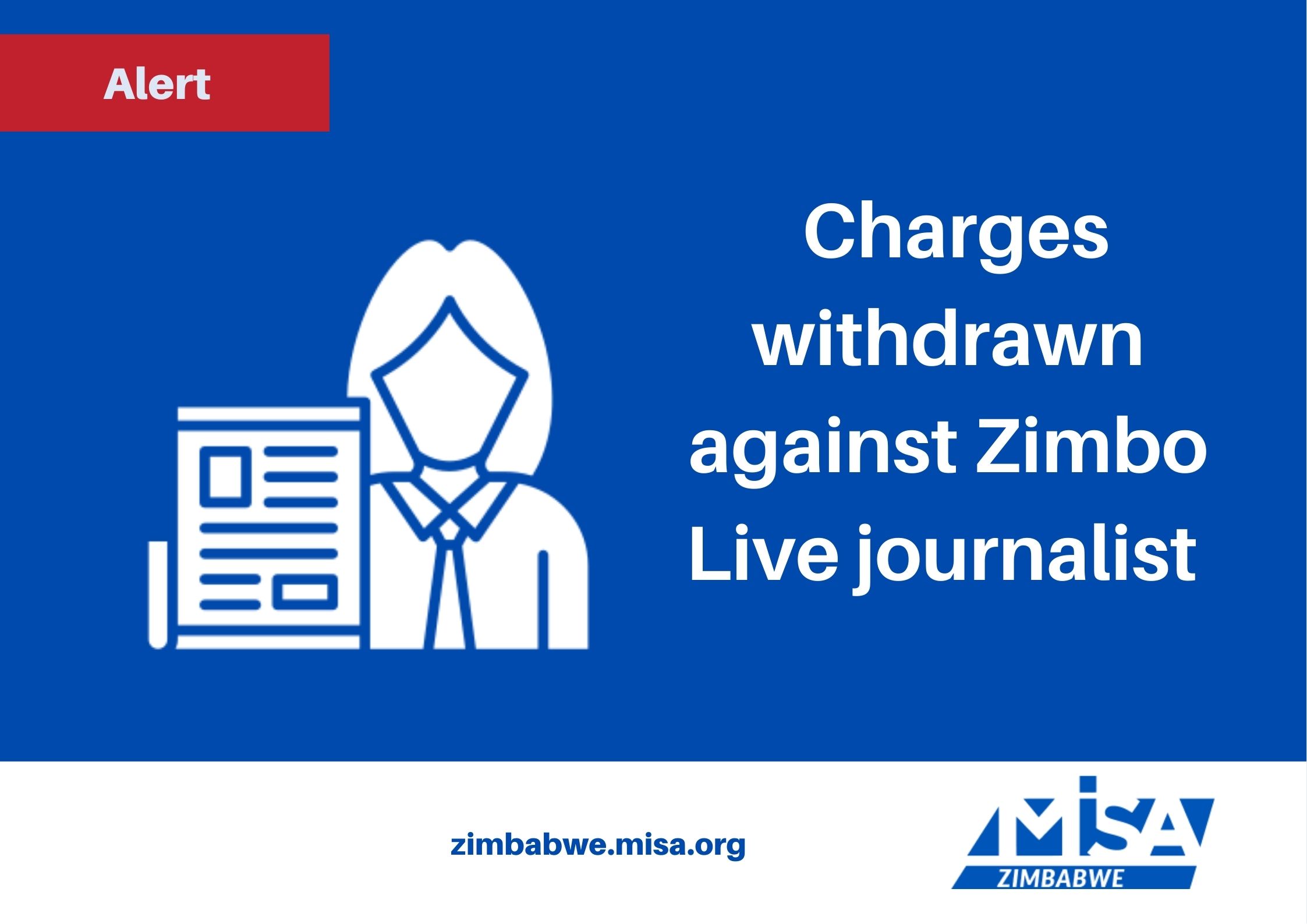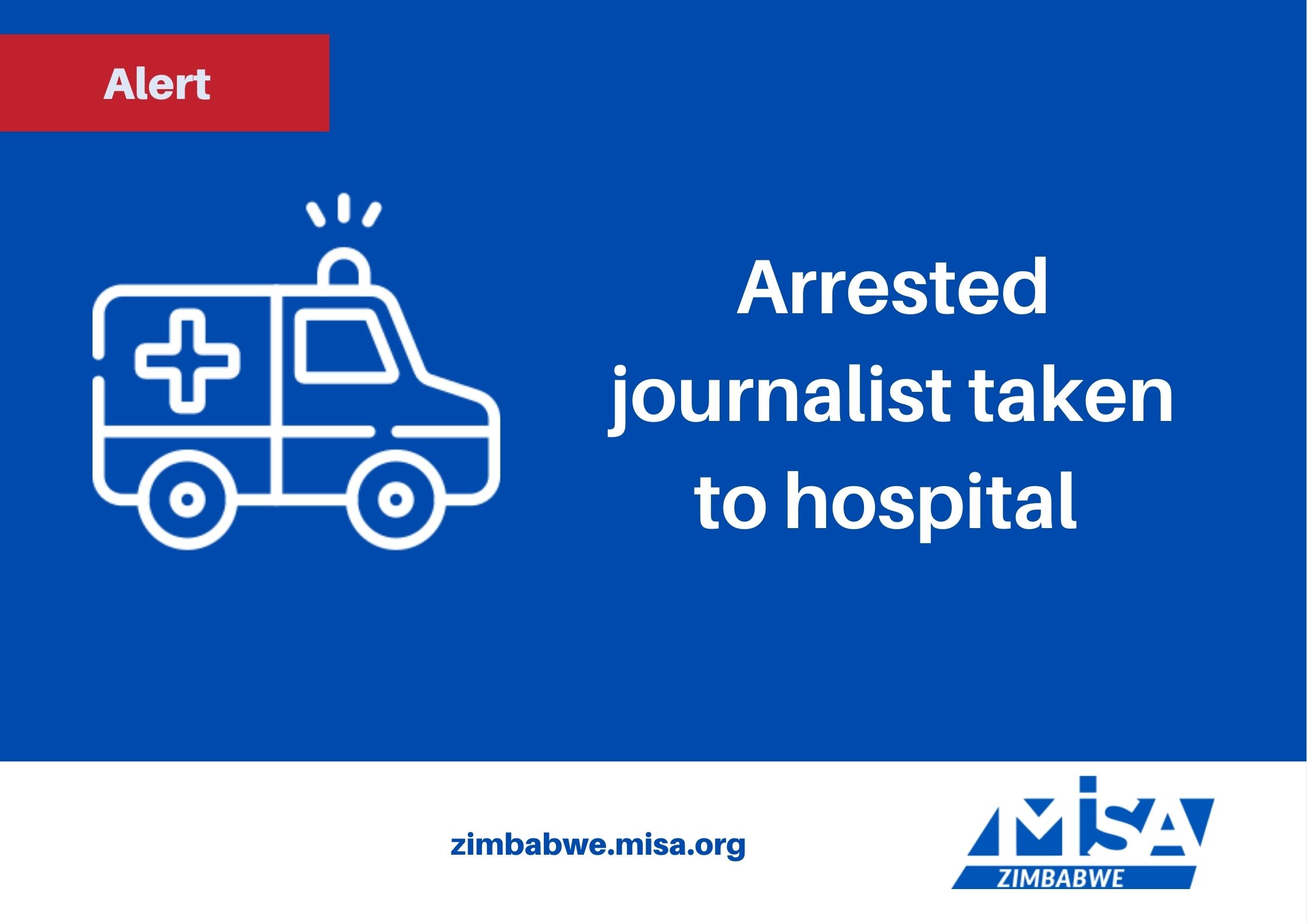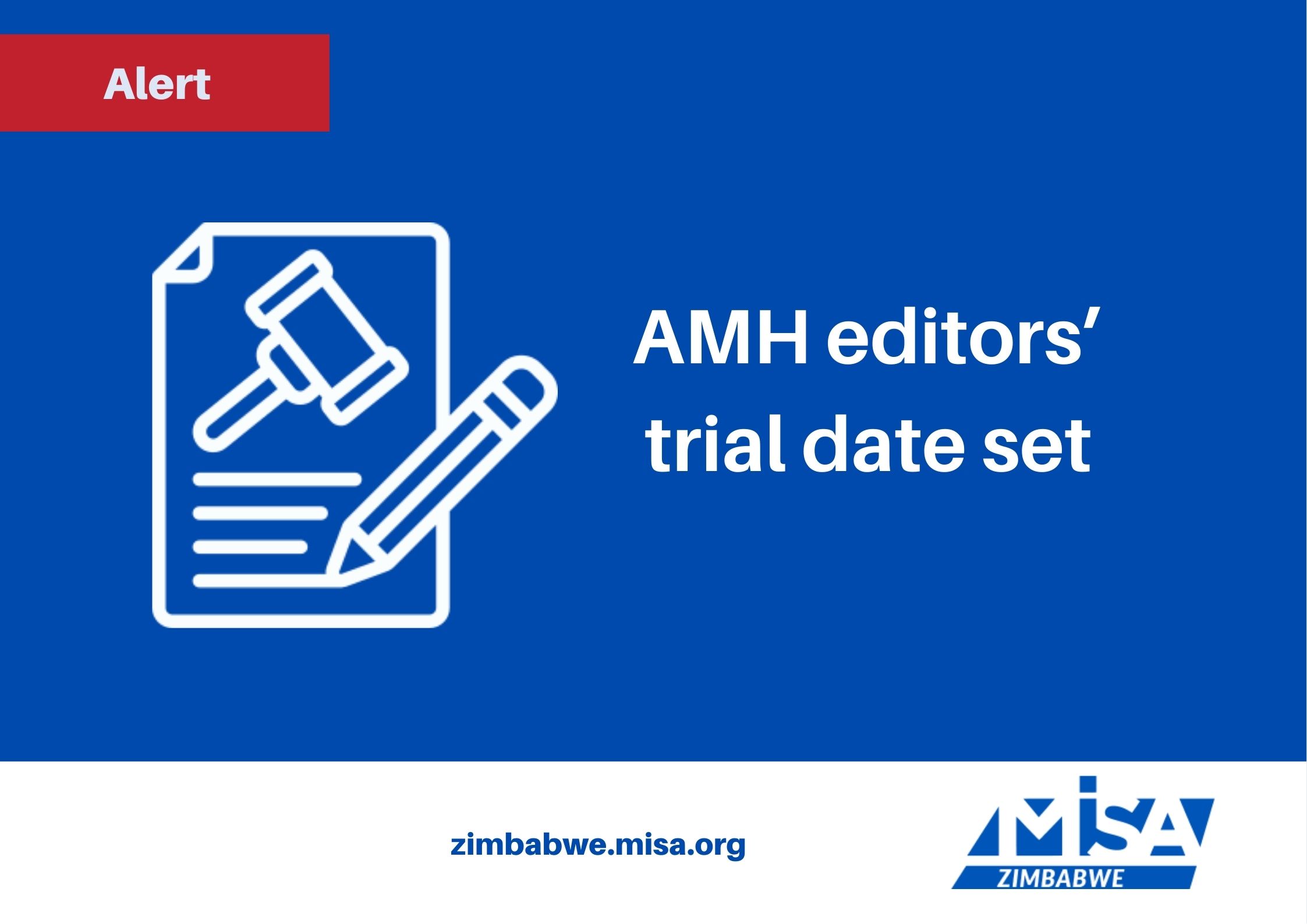MISA joins other voices in congratulating Dr. Lazarus Chakwera on his election as the President of Malawi during the June 23, 2020 poll.
This is a well-earned and decisive victory and a historic achievement for the people of Malawi. His election is the great trust that the people of Malawi have placed on his shoulders to promote transparency and accountability.
We are happy that in the promotion of transparency and accountability in his administration, Dr. Chakwera announced during his inaugural speech that he will operationalise the Access to Information Act in order to end the era of government secrecy and usher in the dawn of government accountability. This is a step in the right direction as former President Professor Peter Mutharika assented to the law in February 2017 but the minister responsible was yet to set a date for the law to come into effect.
With such positive developments in Malawi and indeed some other countries in the Southern African Region, MISA hopes that the new standards set will be followed by other countries and public entities.
MISA urges countries in Southern Africa that do not have access to information to honour their obligations under such auspicious international, continental and regional instruments as the International Covenant on Civil and Political Rights (ICCPR), the African Charter on Human and People’s Rights and the SADC Protocol on Culture, Information and Sport. We draw attention to the fact that ATI has been positioned as a critical ingredient in the attainment of the objectives of both the global Sustainable Development Goals (SDGs).
MISA notes that the enacting of Access to Information laws in various countries in Southern Africa will accord citizens the freedom to know how their governments are conducting their affairs. The present democratic dispensation makes it imperative for the public to always be kept informed about how leaders, who are given the mandate to run the affairs of the nations, are operating for and on behalf of those who put them in public office.
From 2009, MISA has been evaluating the openness and transparency of government and public institutions in selected countries in the Southern African region. The researchers evaluate public institutions’ websites and survey their willingness to engage with the public by sending out written requests for information and requesting information via telephone or in-person.
In the 2018 report, the Malawi Electoral Commission received the highest score of all institutions surveyed throughout the region. Malawi also saw great improvements in openness and transparency of public institutions and the survey in Malawi achieved a 100% response rate to information requests; a first in Malawi and throughout the region.
It is must be noted that the right of access to information is a fundamental right recognised by the Universal Declaration of Human Rights since 1946. The October 2019 UN General Assembly proclaimed September 28 as the International Day for Universal Access to Information (IDUAI). In moving the sponsoring resolution, the Permanent Representative to the UN of Liberia, Ambassador Kemanyah pointed out that, “the lack of information can mean – the difference between life and death”.
Indeed, the right to information is a guiding principle for participatory democracies since only an informed population can effectively contribute to the construction of governments and political institutions. People need information to be able to adequately express themselves on matters of governance, holding leaders accountable, influencing service delivery and decision–making and for promoting and protecting their human rights.
Information exchange is vital in setting the development agenda of a country. Governments that are liberal in sharing information with citizens are more likely to develop faster than those that withhold or give piecemeal information.
Acknowledging the importance of access to information and transparency for sustainable development, MISA continues to promote government openness in Southern Africa and advocates for the adoption and implementation of legal frameworks guaranteeing the free flow of information.
Issued by
Hellen Mwale
Regional Chairperson













